“It is too little, the Lord says, for you to be my servant…I will make you a light to the nations”. God created us for greatness “a light to the nations”. He desires greatness for us just we desire greatness for our children. He is a Father of love with gifts of grace to empower us to greatness but he cannot be without our response, “Here am I, Lord; I come to do your will.” This is true humility to recognize we can do all things through Christ who strengthens us and apart from God there is no “life” only the existence of being. Today the question is “Is our will united to God’s will?”
Along the spectrum of surrender to God’s will we lose our humility in exchange for our pride. The Lord desires greatness for us according to his will and we seek a lessor role of servant according to our desires. Our resistance is framed in false humility, “who am I Lord” as we focus on our limitations. It is because of our limitations that the Lord comes to demonstrate his presence and power in our being to give us “life”. False humility is a passive way of saying “no…not now…why me” to God. Our desire is to go about our life with God to follow behind us. In surrender to God we respond to his call “come follow”, be the light that reflects his image to the world, he is the way, the truth, and the life. The call begins with baptism.
First, there is baptism for our sanctification in Jesus Christ. Second is “call to be holy” with “ears open to obedience”. Third is the obedient response, “Here I am Lord; I come to do your will”. Baptism sanctifies us as we are buried in Christ death and rise into holiness. Sanctification is the removal of our sins to receive the light and power to go forth with courage and conviction. Holiness is an active process of avoiding sin, seeking grace, and responding to the call to do God’s will.
With “ears open to obedience” is part of the baptismal rite called “Ephphetha” the prayer over the ears and mouth of the child saying “The Lord Jesus made the deaf hear and the dumb speak. May he soon touch your ears to receive his word, and your mouth to proclaim his faith, to the praise and glory of God the Father.” With ears open the Word speaks to our hearts calling us to respond to God’s call. The power is in obedience to the Word which in itself is a revelation personal and universal. The Word speaks to us in our spirit, confirms God’s call, and sends us forth in obedience. Perhaps it is one reason our bibles collect dust at home as we shut out the word during the week and open our ears on Sundays for a word of inspiration before retreating to our comfort zone to the “ordinary” of our week.
The church now enters into “Ordinary Time” but not a time for the ordinary. Ordinary time is a time for action, for conversion and change. New Year’s resolutions are a call for change in our lives, change for the better. We look to change our habits, improve our health and/or our lifestyle. We are introspective in search of our happiness. God’s call for greatness is in serving the greater good of the world we have been given where we stand. It begins with the ordinary decisions we make each day. Do we respond with the appropriate virtue for the situation, kindness, generosity, empathy, understanding or whatever is needed? Do we live with zeal for justice and reject sin? The is the call for the ordinary of life that opens us up to receive the greatness of the Lord.
God is ready anytime, anywhere since he is everywhere but it is our time now to say “Yes Lord, I come to do your will.”
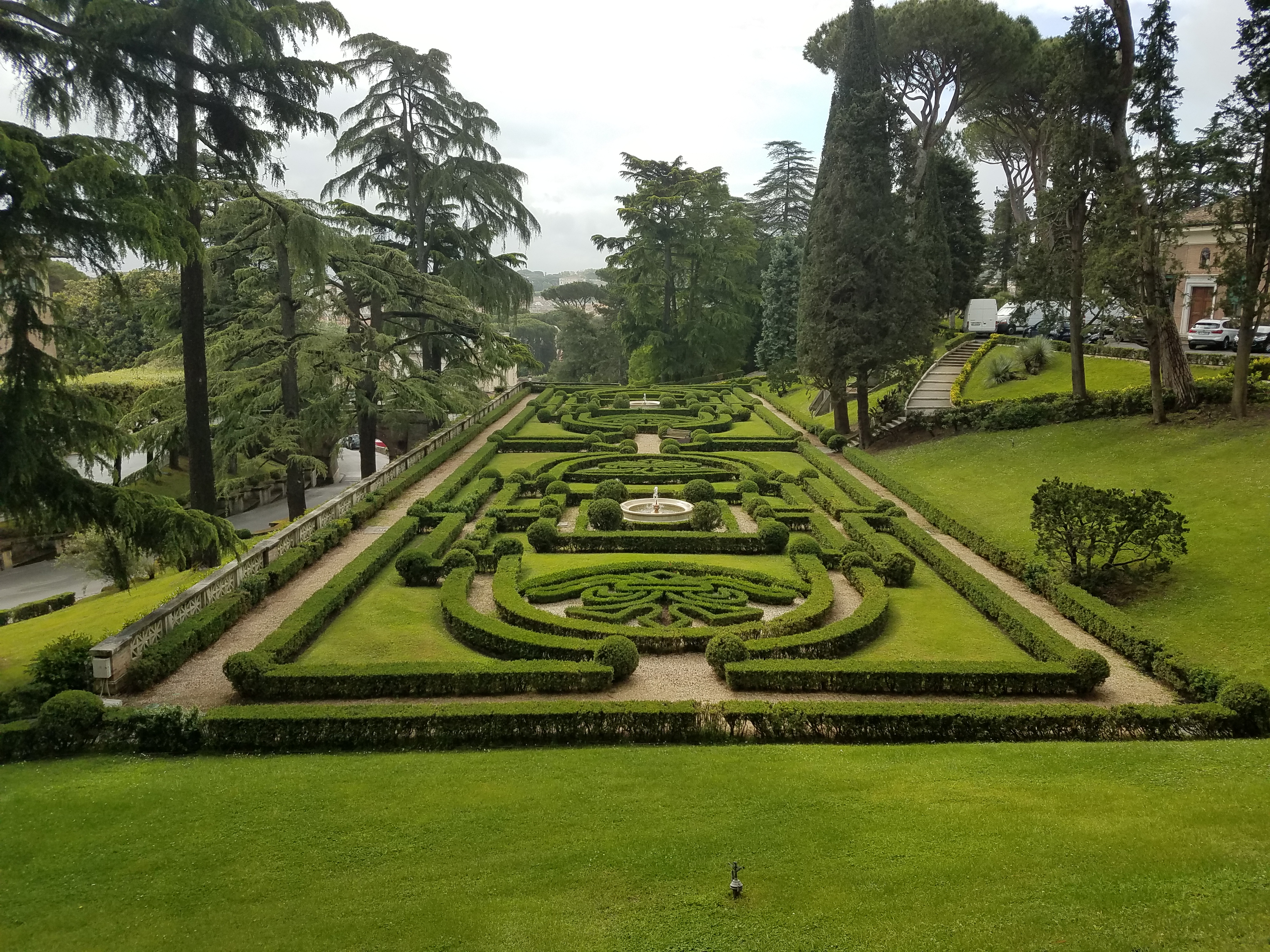


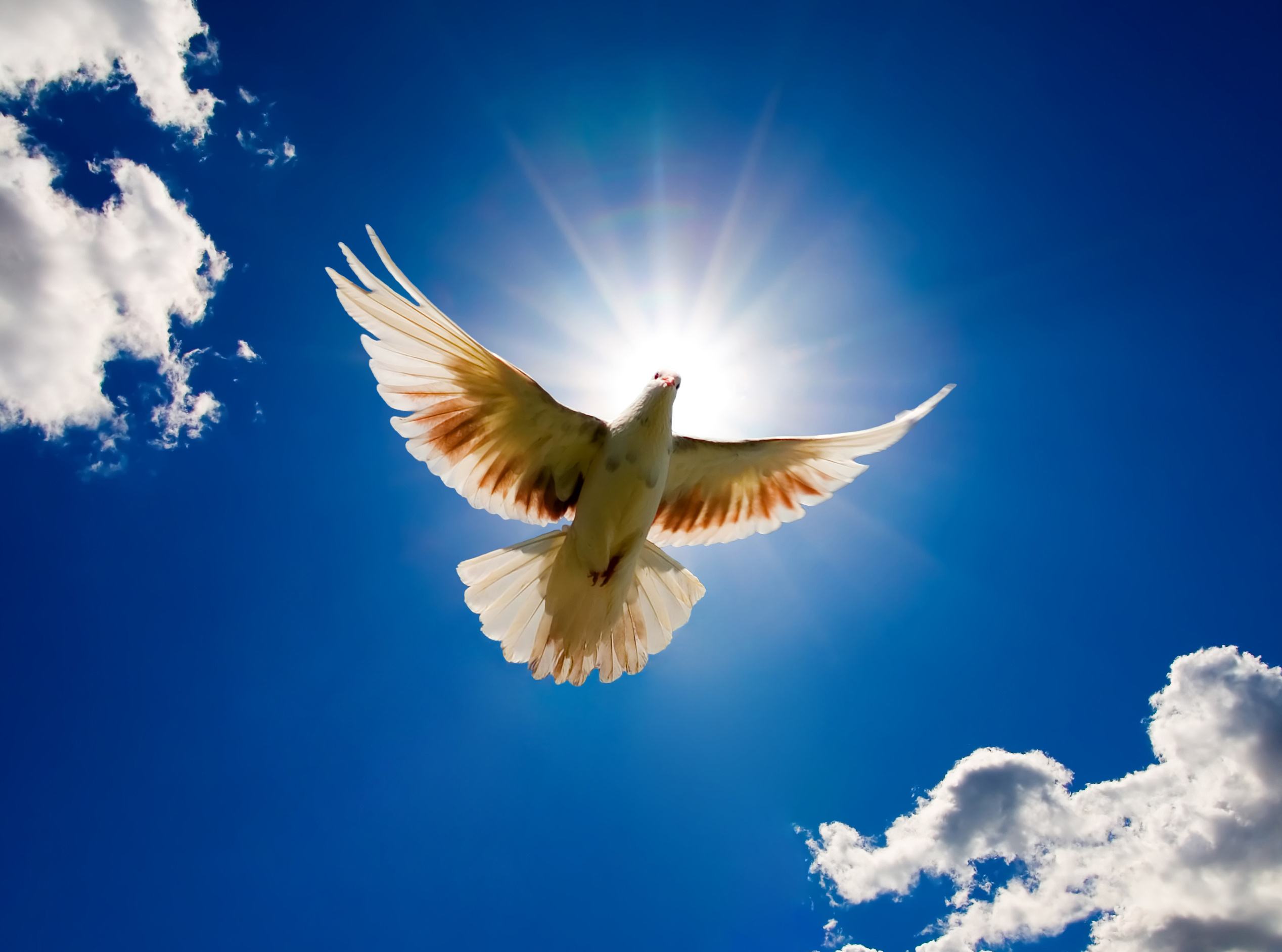

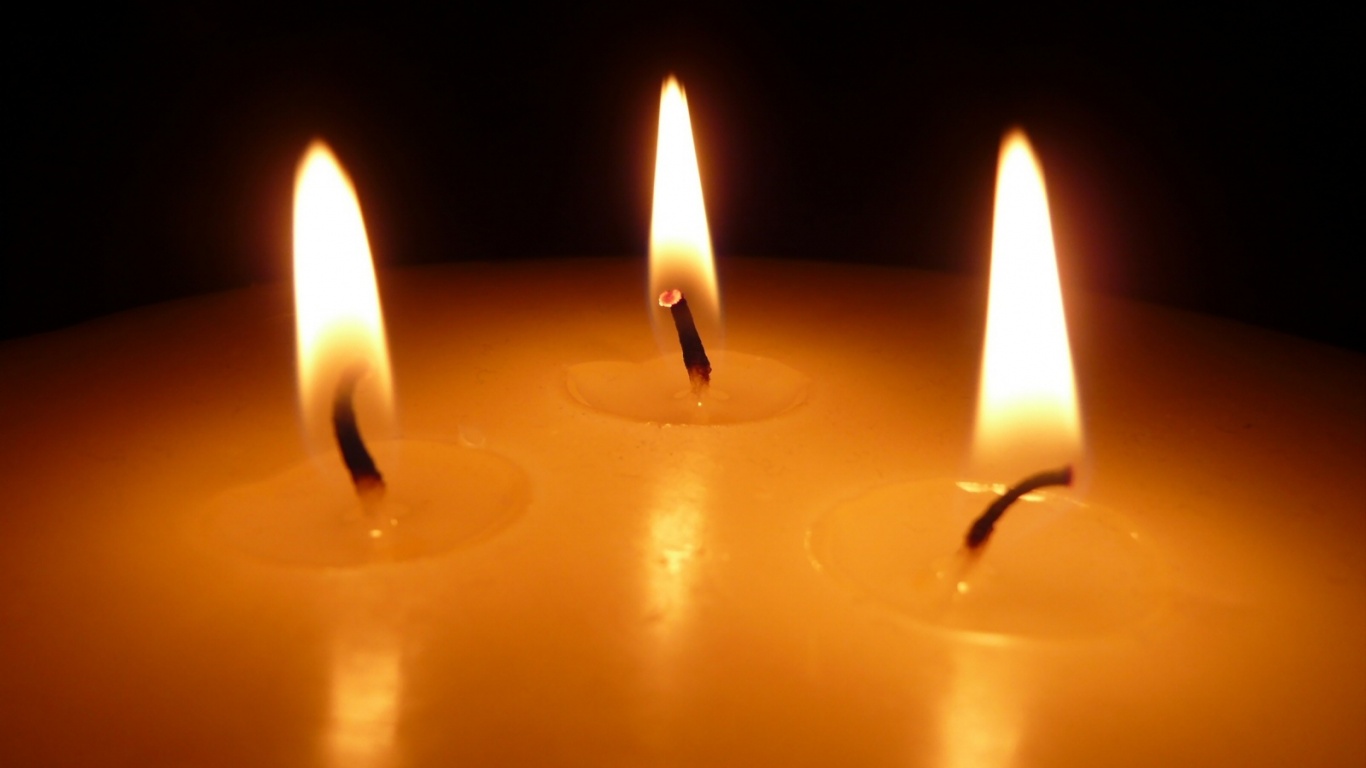

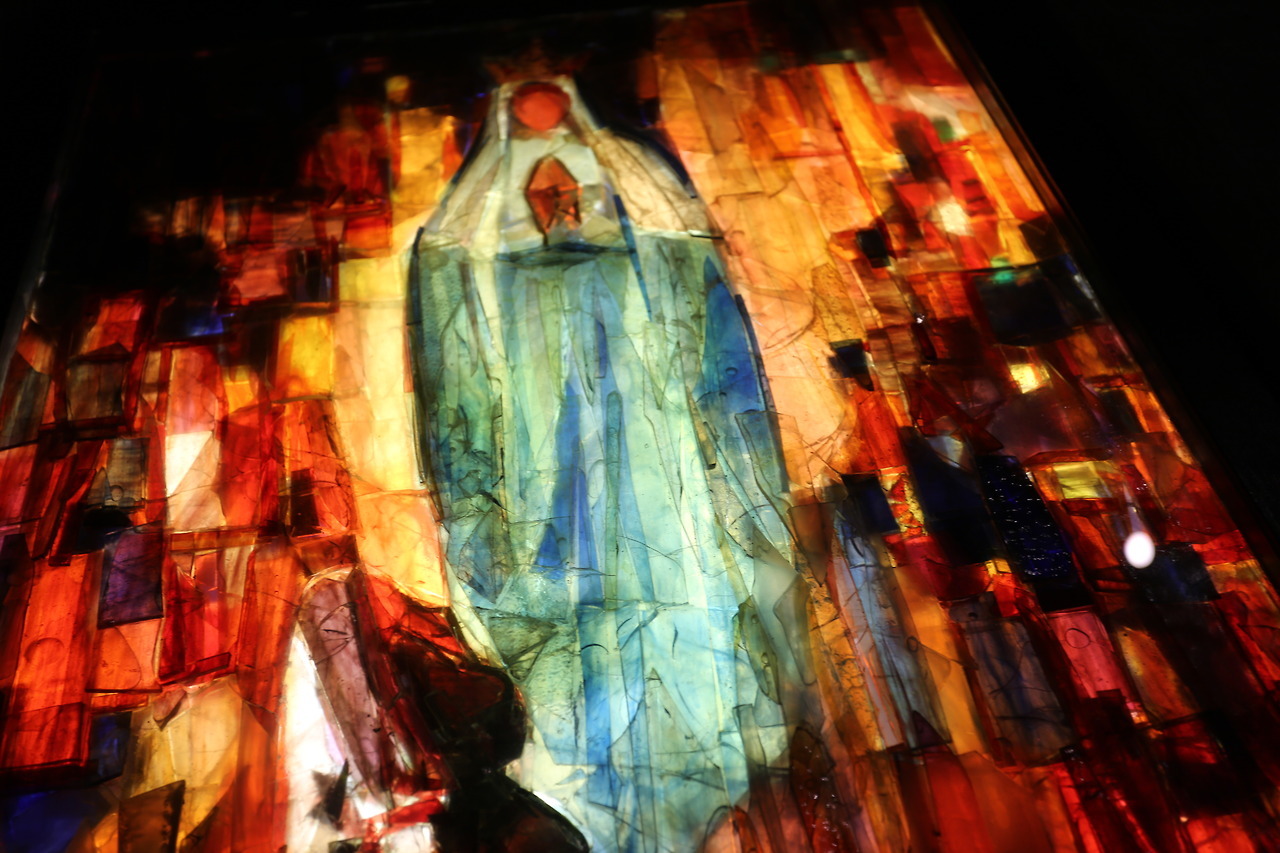

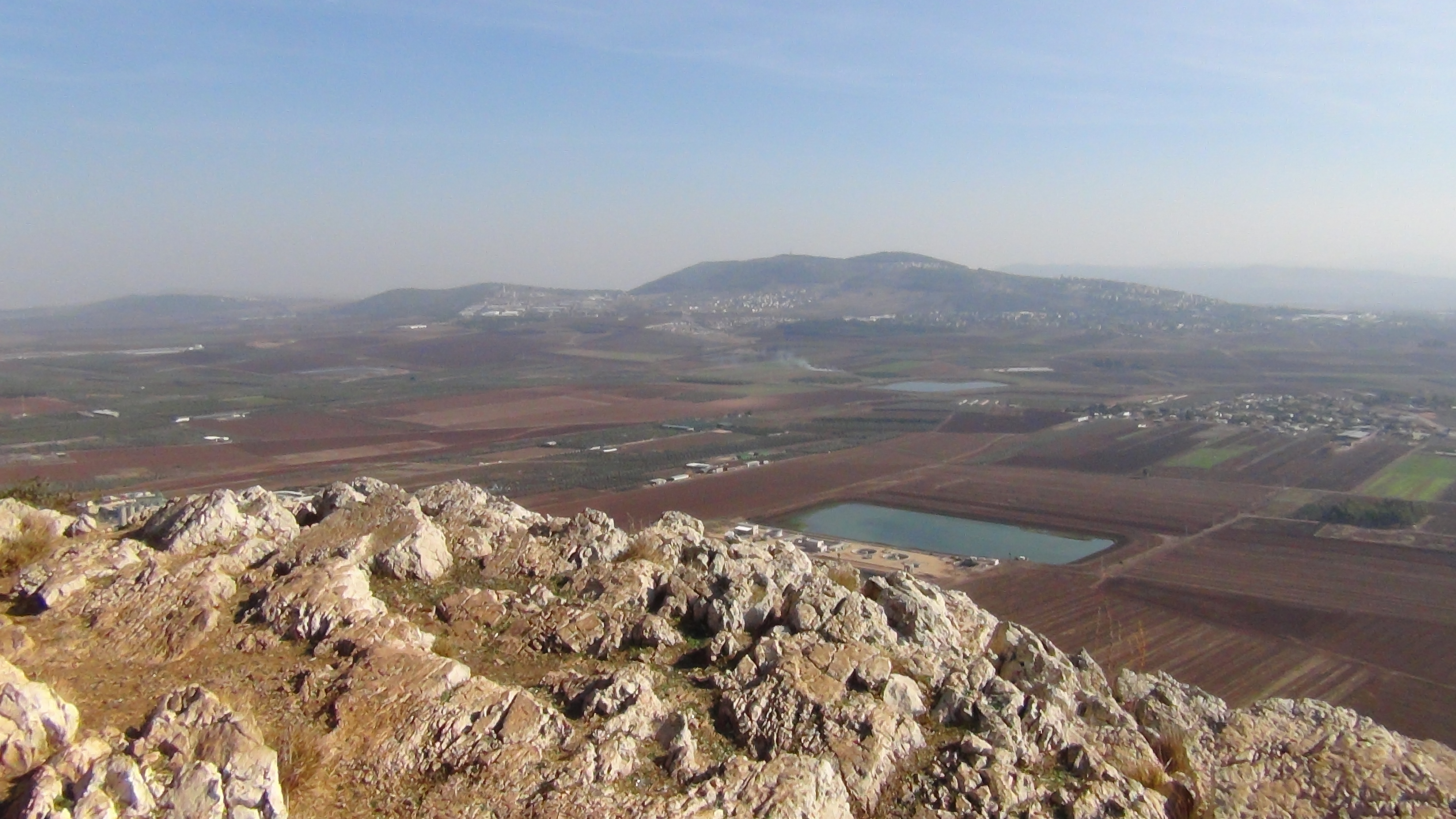

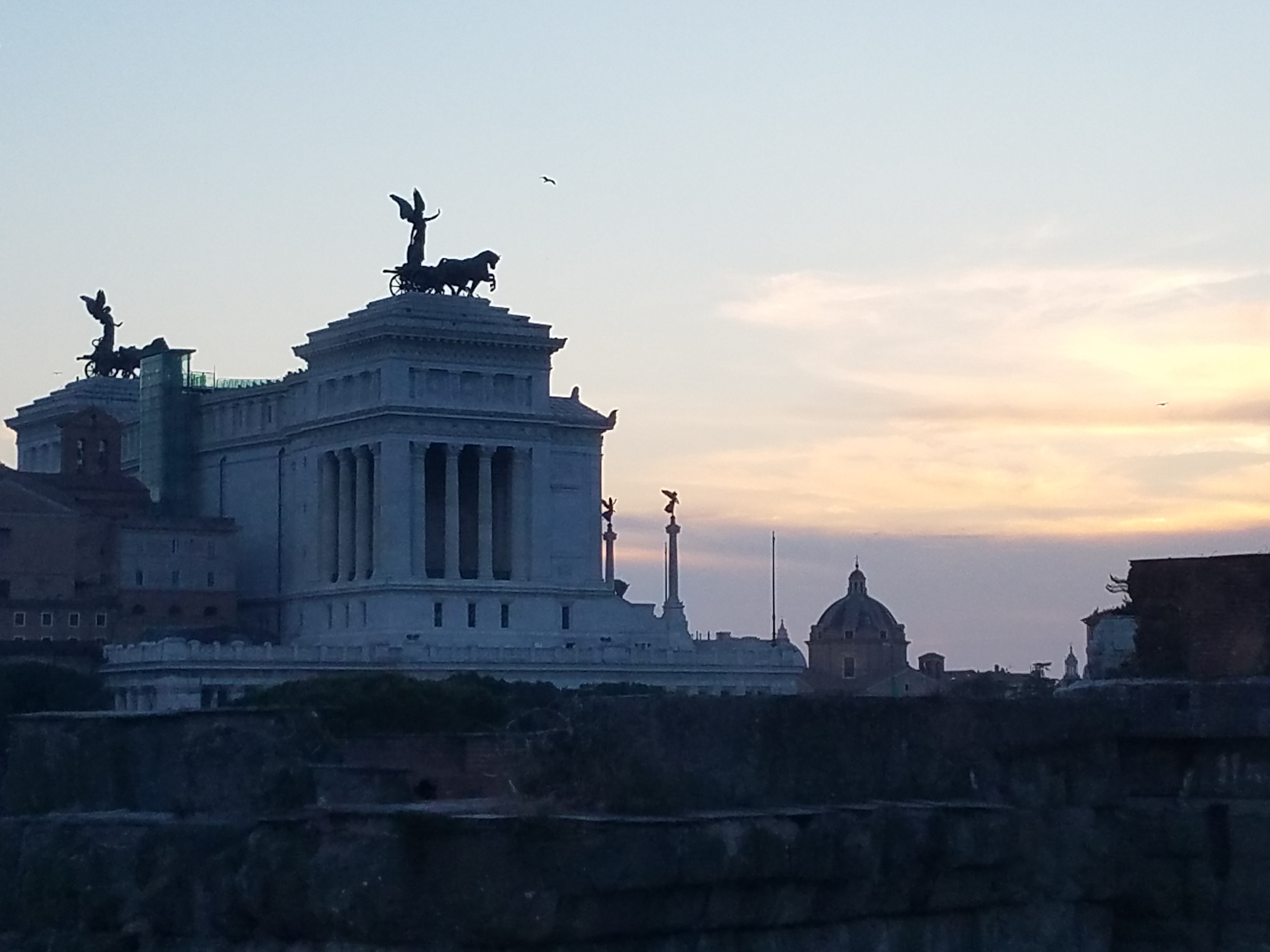

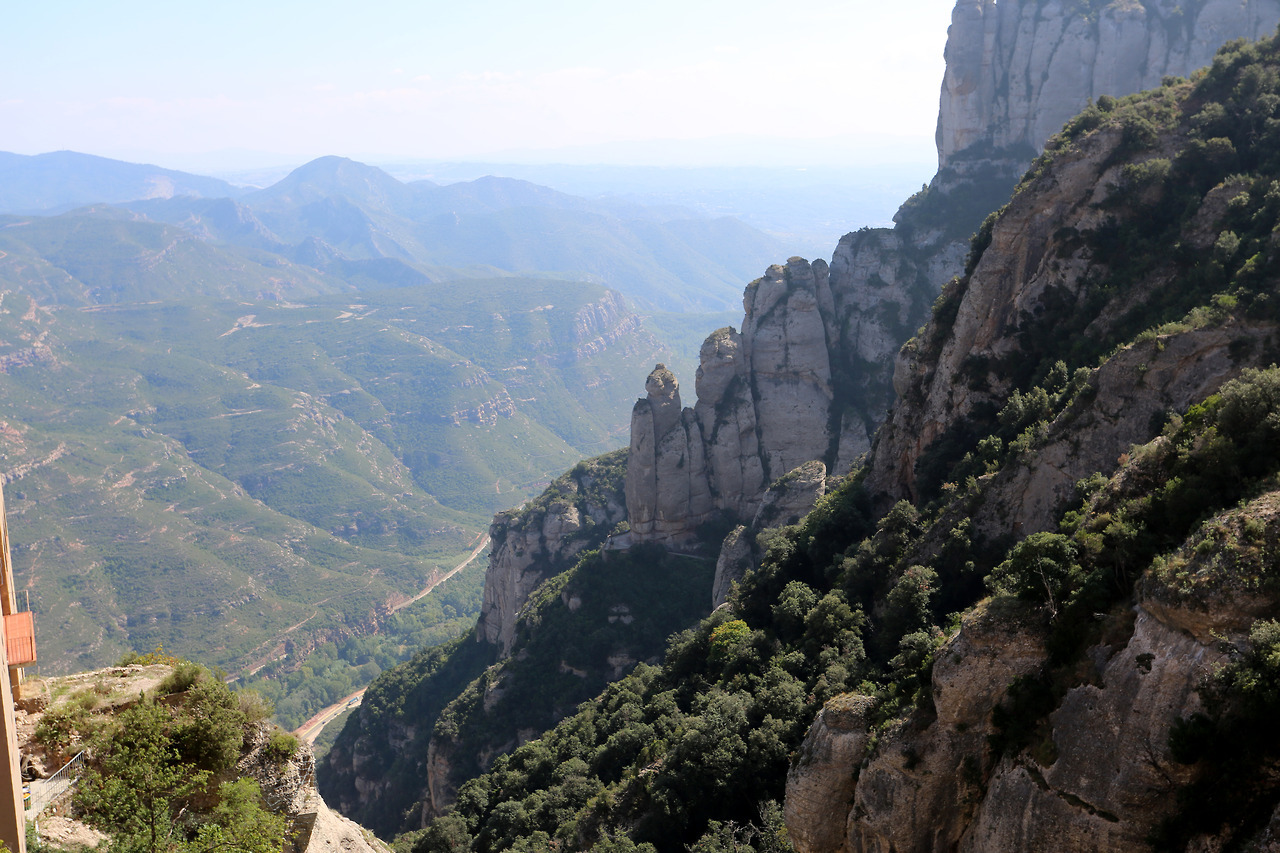

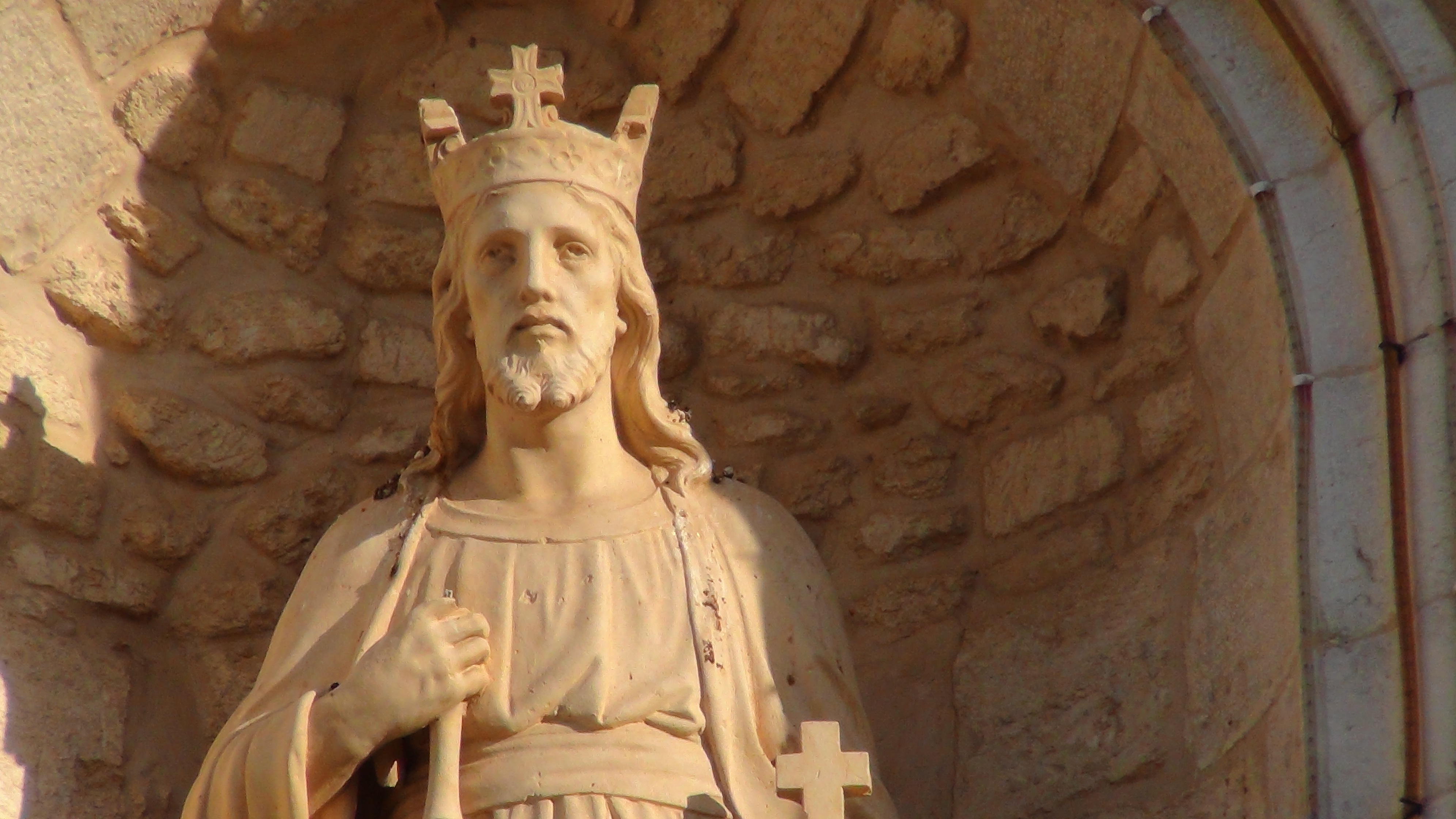

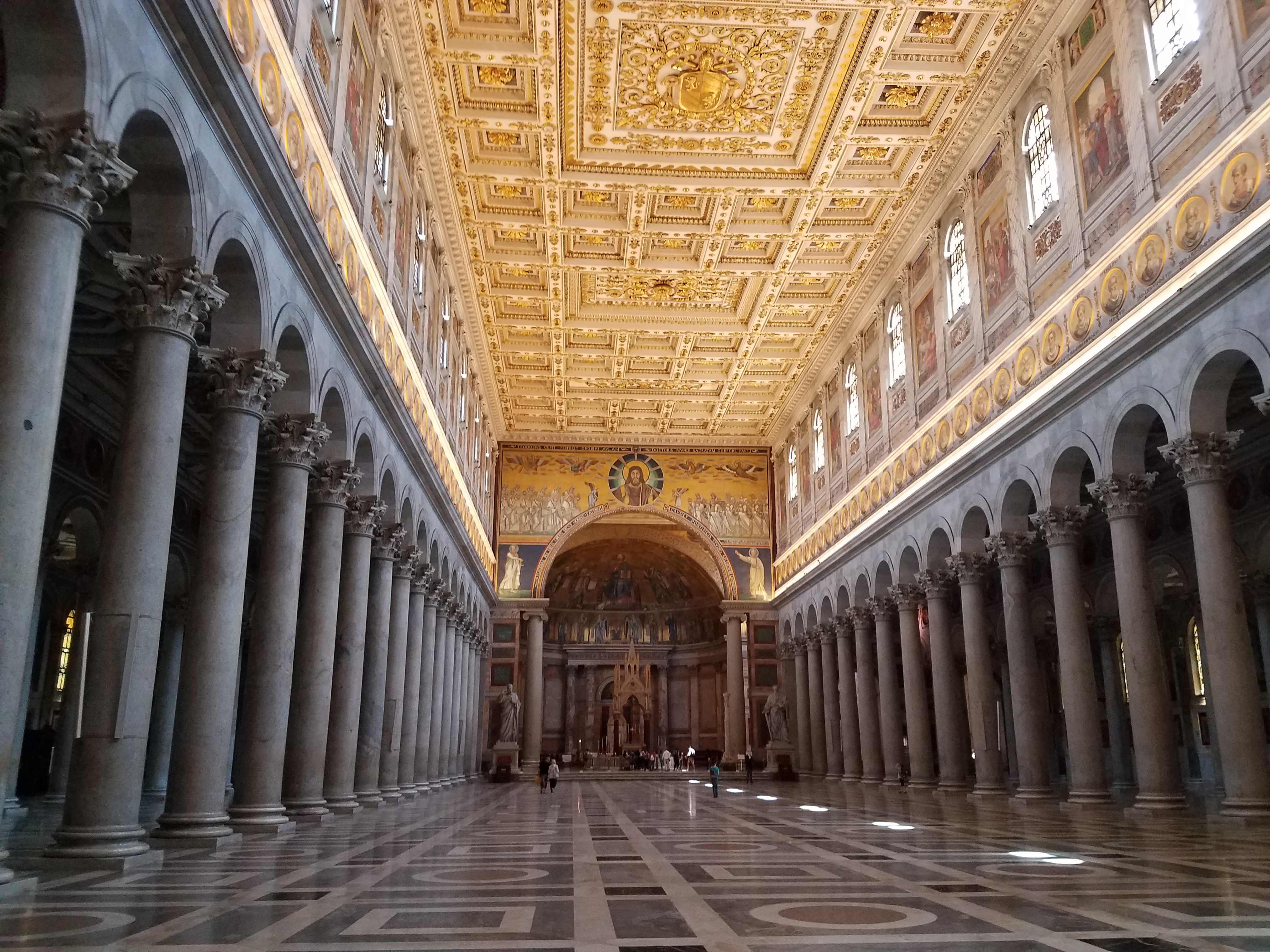

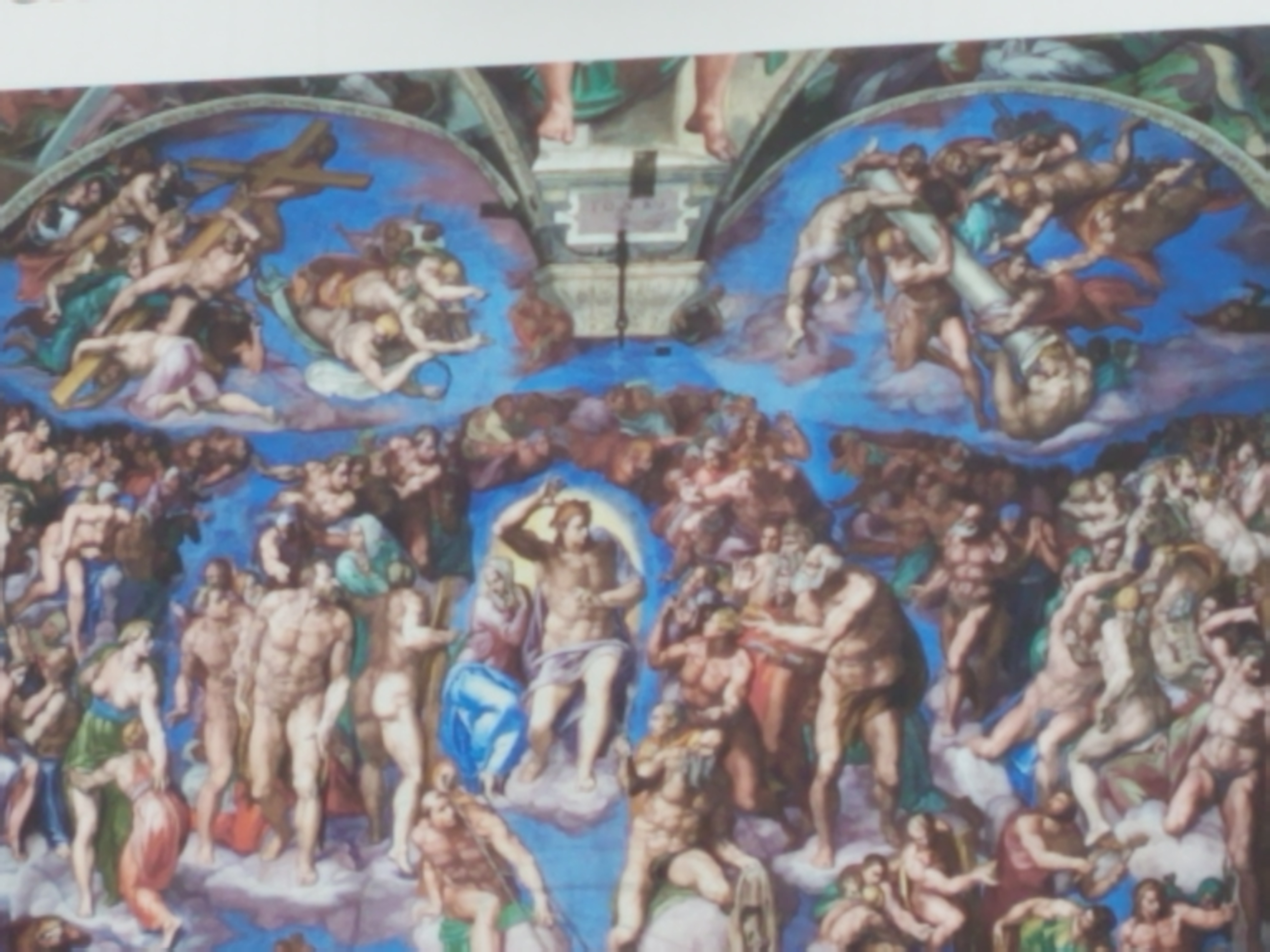

Recent Comments